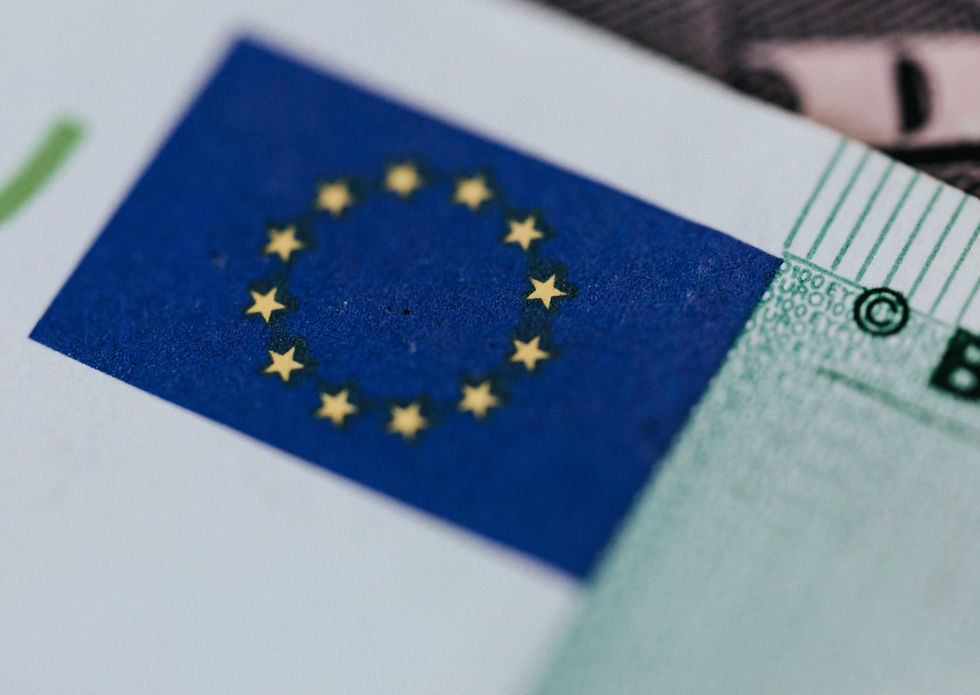Poland and the Rule of Law in the EU: Navigating Legal Tensions and Sovereignty
- Aug 4, 2025
- 3 min read
Updated: Aug 13, 2025
Author: Michał Krawczyński
A Relationship That Is Changing
Poland's relationship with the European Union has grown increasingly complex in recent years, particularly in the area of law. Poland has frequently found itself at odds with EU regulations regarding the rule of law, despite being a full member of the EU. At the heart of the issue is a simple question: Who has the final say, Brussels or Warsaw? That conversation has led to legal battles, economic consequences, and increased worry across Europe.

Poland's Commitments
Like all other member states, Poland committed to abide by EU law when it joined the EU. It has also ratified a number of international agreements, such as the European Convention on Human Rights, which sets standards for neutral courts and equitable trials. Furthermore, the Constitution of Poland is the highest law of the land. Tension grows when Polish courts say one thing and EU institutions say another. It’s not always easy to decide which law should come first.
Controversial Reforms Since 2015
Since 2015, Poland’s government has made several big changes to its court system. These included new rules about how judges are picked, and the creation of a Disciplinary Chamber that could punish them. These changes, according to critics, weakened judges' independence. In agreement, the EU Court of Justice declared that certain of these reforms violated EU law. The EU responded by warning Poland to change and launching legal actions. The Polish government, however, defended its choices. It argued that it had the right to reform its own courts without outside interference.
Sovereignty or EU Rules?
At one point, Poland’s Constitutional Tribunal even ruled that parts of EU law couldn’t apply in Poland. This was seen as a direct challenge to the idea that EU law has primacy—something all member states agree to. According to the Polish government, the goal was to protect national sovereignty. Critics urged that this strategy could weaken international trust and reduce EU unity. There are differing views in Poland itself. Some argue that the courts needed to change, so they support the reforms. Others fear that democracy may suffer if checks and balanced and weakened.

What Has This Meant in Practice?
These legal battles haven’t stayed on paper. The EU withheld billions in recovery funds because of rule of law concerns. Poland had to meet certain legal conditions to get the money.
Other EU countries have also started to question whether they can trust Polish courts. For example, some refused to send people back to Poland under European Arrest Warrants, saying they couldn’t be sure of a fair trial. There’s also a bigger worry: If one country ignores EU rules, will others follow? That could make the EU weaker overall.
What's Been Happening Lately?
In 2023, a new government was elected in Poland. It promised to fix things and rebuild trust with the EU. A few changes were made, including suspending the Disciplinary Chamber and initiating talks with Brussels. But not every problem has been fixed. Some of the Constitutional Tribunal's previous decisions remain in force, and many elements of the system have not changed. The European Commission has praised the progress, but it continues to closely observe the situation.
Looking Ahead
This isn’t just a Polish problem. Other EU countries are watching closely to see what happens next. Everyone agrees that a strong rule of law is essential for trust, fairness, and shared values in the EU Poland's future depends on its ability to meet its EU promises while maintaining its independence. It won't be easy, but it's an important step towards Europe's strengthening. In the end, the law and politics need to work together. Only then will Poland be able to keep its identity while playing a full and solid role in the European Union.




Comments